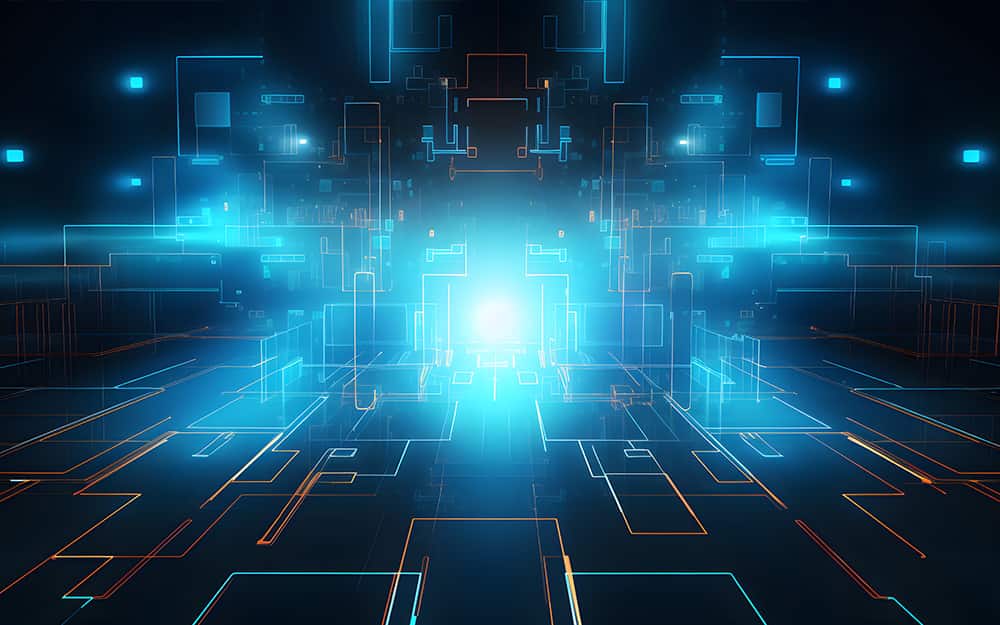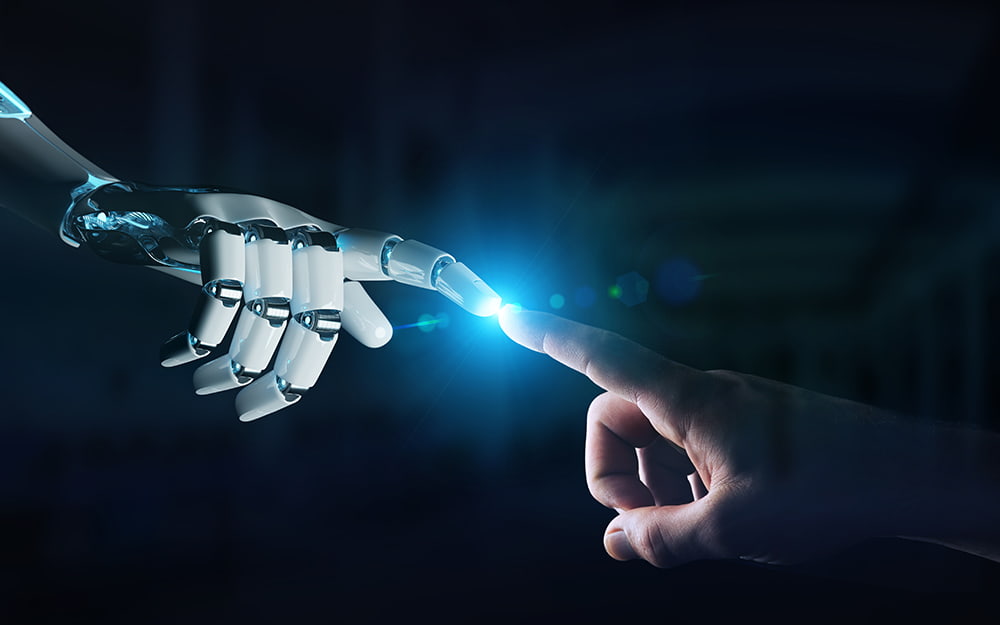
Artificial Intelligence. A conversation with Alibaba’s Jack Ma & Tesla’s Elon Musk
“I hate to think of it as AI…artificial intelligence, I call it Alibaba intelligence.”
At a recent tech conference in Shanghai, Alibaba co-founder, Jack Ma, and Tesla CEO, Elon musk talk to us about the world of AI and how they fit into our lives.
Now, at first- this duo seemed a bit unconventional to put together on a big stage, Jack with his boyish outlook towards an ecosystem that functions with machines and humans together, along with Elon, whom some call our modern da Davinci. Then again, unconventional pairings make for better conversations and happier marriages, or so I’m told.
“The biggest mistake I see AI researchers making is assuming they’re smarter than AI, they’re not.”
People tend to underestimate the ability and power of artificial intelligence. Often comparing it to the likes of a really smart human, and we can see how this rudimentary definition makes a lot of sense, but in reality, it’s so much more than that. It’s more than the smartest human.
Teslas’ blue-eyed genius tackles this question by drawing out examples of a chimpanzee and a human being. If AI is just a smarter human, then humans are smarter chimpanzees. But humans are so much more than chimps, we even possibly look alien to them. By then end of it, researchers and AI experts have realized that the differences are far too great to consider and float the idea that ‘AI is a smarter human’ just as much we’re not even going to consider the idea that humans are smarter chimps. It doesn’t fit. The gaps are just far too great to ignore them and hold onto some evolutionary hack that helps you feel like humans are still at the top of the pecking order. We’re not.
AI is smarter and simple
AI is vastly smarter than we could possibly perceive. When faced with a situation where we’ve created machines that are a lot smarter than us, we’re forced to believe if not hope that they’re just…nice. Concepts like neural link have humans clambering up that pool looking to join AI for that ride of a lifetime.
“If you forget your phone it’s like a missing limb”.
Musk talks about how there should more companies like Neuralink, and rightfully so. The concept of creating a high bandwidth interface to the brain; i0t’s the next big leap with man-machine collaboration. I mean, we’re already pretty integrated with our phones and laptop computers. Our phones are extensions of ourselves.
But why have phones failed to make an indefinite impact in our lives, I mean sure, we can’t do without but if push did come to shove and we all had to go non-cellular; we could. Why is this though? The same can’t apply to AI-powered services and solutions. That customer delight, meeting the changing landscape in regard to your respective industry and even creating highly personalized services, it’s all the power of artificial intelligence, we can’t go back and do without them. The numbers and requirements are for too great to just turn the clock around and not want anything to do with AI. So where has AI succeeded when mobile phones failed.
Communication is key
Our phones lack when it comes to communication bandwidths. Elon talks about this in his recent conference. Our input bandwidth in relation to computers has gone down in the last two decades, essentially this is because of the fact that we just use two thumbs as opposed to all our fingers, that’s a huge reduction in bandwidth. When we consider the rise in input bandwidth, this is due to the fact that we’ve got image and video when it comes to communication and delivering a message with significant impact.
Artificial intelligence. The future is all about speed
A millisecond to us (humans) is a millisecond, we can maybe blink and probably do five other things in the spam of a millisecond, I think a sneeze is somewhere in there as well, it’s almost insignificant to us. However a millisecond is an eternity when it comes to AI. The same applies to human speech. When we picture a human talking to a computer, it probably sounds like “very slow tonal wheezing”.
What does this do? Well, we’ve recently talked about AI propensity to easily go back down a few paces and find another way to the top if it’s looking to get to the top of the mountain. Humans lack this characteristic. We’re too focused on finding a way to the top based on our current trajectory, this coupled with the fact that we aren’t able to scale down and back up another way as quickly makes it harder for us to compete with artificial intelligence.
AI has opened up a new chapter to the world, whereas people we understand ourselves better thanks to artificial intelligence.
Understanding humans & AI better
“We could sort of think of humanity as a biological bootloader for digital superintelligence”
P.S Bootloader = tiny piece of code without which a computer cannot start.
We don’t have solutions for everyone today, but the rate of advancement acts as a great precursor to how far we’ve come. I recall playing the likes of Dave and Mario on my PC computer back in the day. We’re three brothers, so we took turns playing when each person lost a life in, Dave – I guess we learned about sharing ecosystems at an early age Siblings FTW, woot woot. In retrospect, video games have come a long way. As of today, we’ve got 4D realistic real-time simulations with millions of people playing simultaneously. What we can conclude is that the rate of change of technology is incredibly fast and outpacing our ability to understand it. Whether this is good or bad is yet to be seen.
Where’s AI taking us?
Most, if not all the tech around is an indirect if not a direct cause and effect relationship of the space program, and we can see why. We’ll get into this bit on our next blog, for now though, we leave we’re just looking for the truth. I’ve taken a small part from Elon’s speech at his recent Shanghai conference
“What is true is among the set of actions that we can take that are likely to increase the scope and scale of consciousness, such that we are better able to understand the nature of the universe; one of those actions is to become a multi-planet species or ensure that life in multi-planetary.”
About interface
Currently engaged with several enterprises in the Americas, Europe-Middle East-Africa (EMEA), and Asia-Pacific region, interface’s Intelligent Virtual Assistants or IVAs make every digital channel of an enterprise intelligent. With rich IVAs, an enterprise can leapfrog customer & employee experience to voice-first natural language interface. For more information, check out interface.ai
Discover the Latest Insights on Interactive Intelligence for Banking Newsletter
Join the newsletter to receive the latest updates in your inbox.



